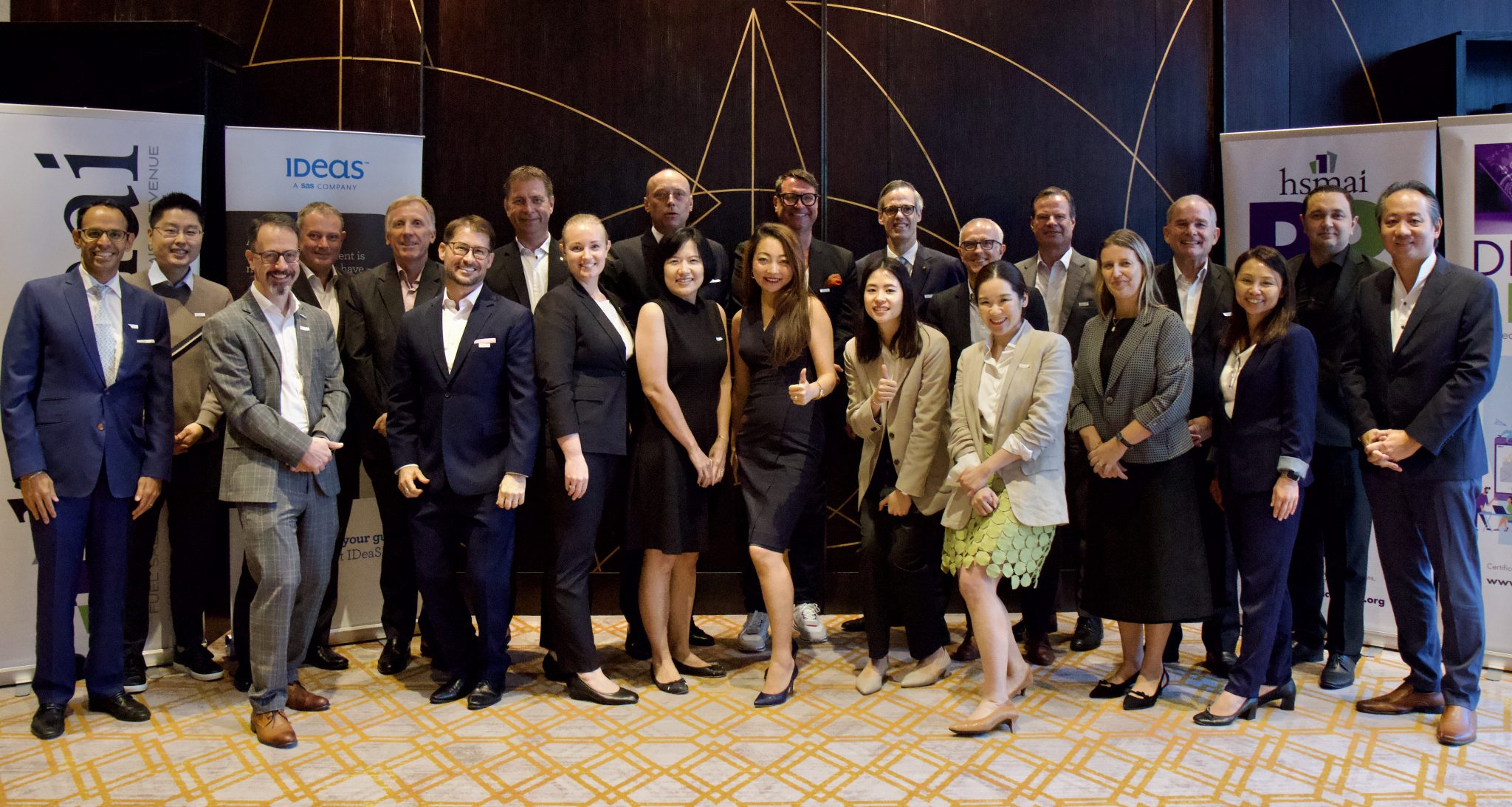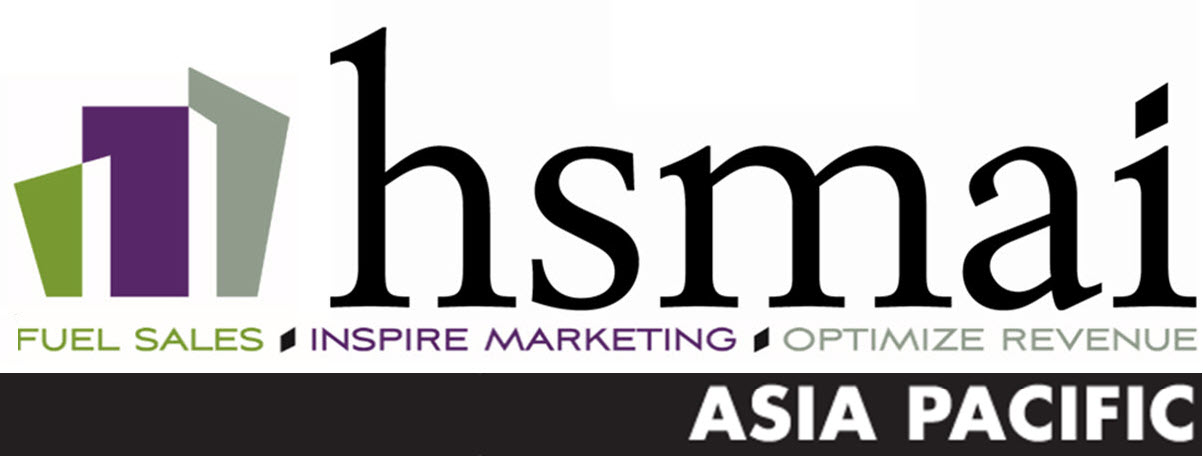
HOTEL GMs IN THAILAND OUTLOOK ON THE CHALLENGES & OPPORTUNITIES IN 2023
13 March 2023 – Hyatt Regency Bangkok
A Hotel General Manager roundtable was recently conducted by HSMAI in Bangkok on 13 March at Hyatt Regency Bangkok. Discussions were centred around Commercial Challenges, Supportive Technologies and Non-Room Revenue Strategies. “Hot Topics” were identified from attendee introductions such as lack of talent, changes in channels, segments, data sharing & collaborations.
Below is a synopsis of this very dynamic and engaging group discussion:
According to the group, the hospitality industry is facing multiple challenges, ranging from changes in booking channels, to segmentation, data sharing and collaborations. The hotel general managers attending the meeting believe that, commercially, the situation is currently very good, with occupancies and rates up, often above pre-pandemic levels. However, the question remains, is the bus stopping at some point? If yes, then when and how?
Overall, the hotel general managers feel rather positive about the immediate future, despite the challenges that the industry is facing. With the pandemic ending, it is important to keep a close watch on the changing landscape in order to ensure that the hospitality industry remains successful.
Talent 
According to the group, the biggest challenge facing the hospitality industry right now is the talent question. Finding and retaining the right people has become a major challenge for hotels, as it affects both commercial success as well as service delivery and guest happiness. It is essential for hotels to be able to find and nurture talent in order to ensure that customers have the best possible experience. As a hotel general manager, the lack of talent is a perennial challenge that greatly impacts operations and commercial effectiveness.
It was discussed in the meeting how technology like revenue management systems, group evaluation tools, and comprehensive Customer Relationship Management (CRM) systems can help address this challenge. However, it was also mentioned
that technology can only do so much, and it is still necessary to invest in experts among the teams. These experts can offer unique insights and solutions that technology can’t, but they are rare and expensive.
Distribution
The conversation then shifted to another key challenge related to hotel inventory distribution. With more and more players in the market openly buying inventory off each other, rates are being pushed down and rate parity is at high risk. During the pandemi
c, OTAs were easier to manage and direct traffic via brand.com was on the rise. However, OTAs now seem to be back in the power seat. According to the group, a tighter grip on contracts and monitoring of such with the respective distribution partners is very important.
Personalisation
The topic of personalisation in travel was also discussed and it was identified as still being a lack in the hotel purchasing journey. The General Managers agreed that in o
rder for a hotel to survive and succeed, guest data must be a part of the equation. By gathering the data of the guests, management can provide a personalized end-to-end hotel experience that keeps people coming back year after year.
First Party Data
The role of the new regulations related to First-Party-Data and a “book direct” strategy was debated. First-party data refers to data that a business collects from its customers, including website visits, online purchases, and other online activities. The group, however believes that rules that must be followed to ensure that hotels adhere to GDPR regulations still remain somewhat unclear. Besides guests, the General Managers highlighted that associates also demand a personal touch in order to make the customer feel appreciated and valued, and that this was a challenge that was not being adequately addressed.
Driving non-room revenue
Non-room revenue opportunities have long been discussed within the hospitality industry as a major contributor to a hotel’s bottom-line success. General Managers confirmed, in particular those from bigger brands, they have already implemented KPIs and supportive strategies to drive non-room revenue growth. However, it was noted that supportive technology may still lack a bit of focus, or capabilities are at least not obvious. It was suggested that more efficient technology needs to be developed to help hotels manage and track non-room revenue. Additional strategies were discussed such as:
- Increasing customer loyalty
- Expanding customer segmentation and
- Diversifying service offerings to drive non-room revenue
- Hoteliers should be more creative and think outside the box to find unique ways to increase non-room revenue
- Leveraging online services such as online group RFPs and delivery can help to drive more non-room revenue opportunities while creating more team effectiveness.
Summary
In conclusion, the meeting highlighted the need for a balance between technology and human expertise in order to address the challenges posed by the hospitality industry. The lack of talent, hotel inventory distribution, and personalisation in travel are all concerns that require a combination of both technological advances and human engagement. As hotel general managers, it is important to recognise and address these issues to maintain a competitive edge and ensure customer satisfaction.






